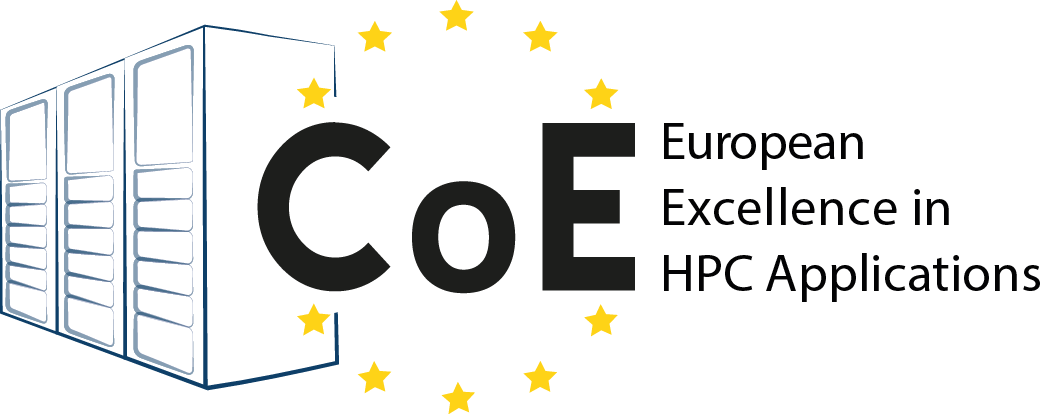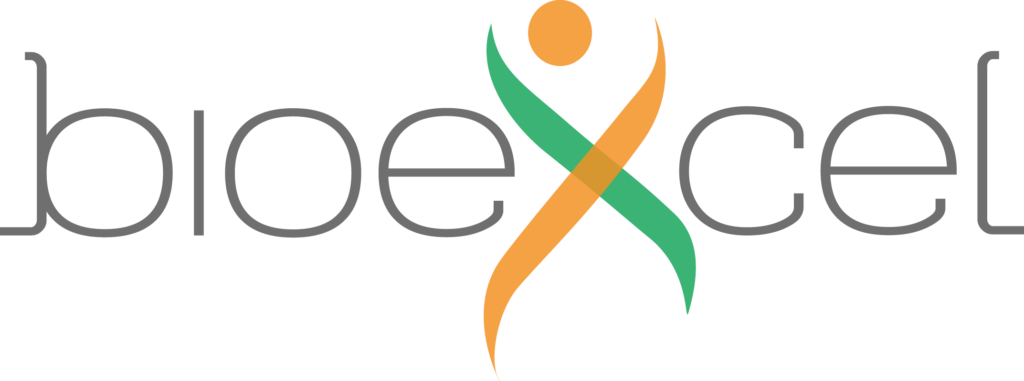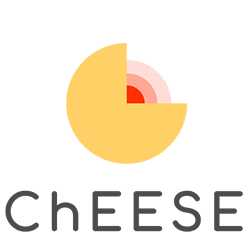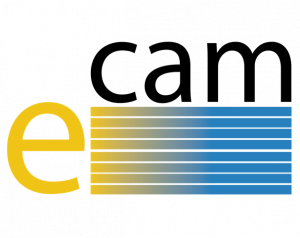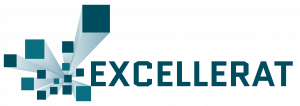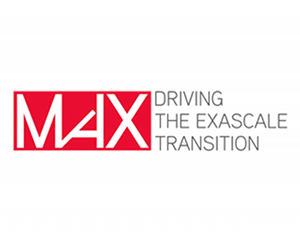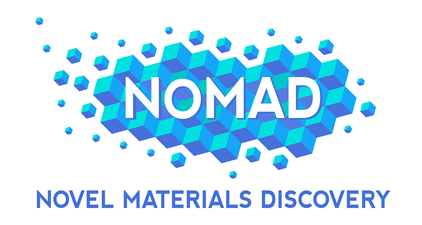Code Repositories
This page lists the repositories of each of the CoEs
- Most of the software worked on by BioExcel have their own upstream source repositories and separate release cycles managed within each software project. BioExcel project snapshots of these are provided below. BioExcel is also developing additional tooling maintained in GitHub at https://github.com/bioexcel
-
Exascale co-design benchmark cases
BioExcel has extracted four benchmark cases either drawn from or illustrative of key functionality of the core applications GROMACS, HADDOCK, and CP2K and made them available in a form suitable for co-design of the full stack of dependencies they require. The official release of the benchmark cases is found there, and any interim updates can be found at https://github.com/bioexcel/bioexcel-exascale-co-design-benchmarks/. -
Project releases
This section lists the BioExcel software releases, which are snapshots of the upstream sources at particular points in time and may not correspond to particular upstream versions. Each part of these releases is covered by separate open source licenses(https://bioexcel.eu/software/licenses/). -
GitHub
Various other tools (including the workflow blocks biobb), which are under development by the center, can be downloaded from our GitHub repository: https://github.com/bioexcel -
Upstream sources
The project release tar-balls above are maintained in GitHub, and are sourced from multiple upstream repositories managed by each software project.
To get access to these resources:
-
Various tools provided, including user-friendly and efficient systems for workflow executions and data processing
- In order to make ChEESE data openly Accessible the source-codes of the flagship codes and related software components licensed as open-source are included in a web repository for codes and toolkits. Additionally, and in collaboration with the European Plate Observing System (EPOS), ChEESE promote and facilitate the integration of HPC services to widen the access to codes to the Solid Earthuser’s Community.
- Datasets access will depend on the different case and it will be described in the corresponding dataset sheet. Restriction of access are guaranteed in cases ethical issues arise. Metadata are available independently on the accessibility of data.
To get access to these resources:
- The E-CAM repository is a key means of generating the software modules that constitute it. On the other hand they will have an explicit training dimension in that participants will gain direct experience of using modern software engineering techniques and open-source development tools to generate community code.
- The goals of E-CAM are pursued via a set of coordinated actions and networking, in particular a development of the E-CAM repository, an open source repository of software modules and packages for simulations in academy, material and life science, engineering. Modules include up to date documentation and benchmarks The software modules created are documented in E-CAM Module Library, which is divided into individual repositories for each of the current focal areas. In the table below we provide direct links to the rendered documentation websites.
- Datasets access will depend on the different case and it will be described in the corresponding dataset sheet. Restriction of access are guaranteed in cases ethical issues arise. Metadata are available independently on the accessibility of data.
To get access to these resources:
- A necessary complementary action to accelerate and amplify the impact of research is depositing publications, results, e.g. specialised software or software code, algorithms and analysis protocols in repositories providing open access to them. Among our main objectives: development of dedicated general purpose tools and plug-ins that are of interest to the community. In order to read more about a specific topic EXCELLERAT deals with or has investigated, or some more advice and insights for research, is possible access the publicly available material. This also encompasses (scientific/industrial) publications, best practices, datasets and public deliverables from EXCELLERAT.
To get access to these resources:
- AiiDA implements, runs and shares workflows and turnkey solutions, and it ensures reproducibility and reuse of computational research, as well as data analytics
To get access to these resources:
- The NOMAD Repository and Archive stands for openacess of scientific materials data. It enables confirmatory analysis of materials data, their reuse, their repurposing. All data is available in raw format as produced by the underlying code and in a common, machine-processable, and well defined data format.
To get access to these resources:
-
The repository provides training material and exercises relevant to POP users. Besides general training material regarding parallel programming, can be founded information on performance tools, explanatory material regarding analysis methods and optimization techniques (https://pop-coe.eu/further-information/learning-material). Material relating to the topics below can be downloaded and viewed:
• Parallel Programming
• Performance Tools
• Webinars [Also available as POPHPC YouTube Playlist]
• Performance Analysis
• Documentation regarding POP Performance Audits
• Documentation on how to understand POP performance tools displays shown in POP reports - Database of compute kernels representative of fundamental problem behaviors identified in real applications, along with best practice alternatives for implementing that same functionality in an efficient way (https://co-design.pop-coe.eu/)
To get access to these resources:
